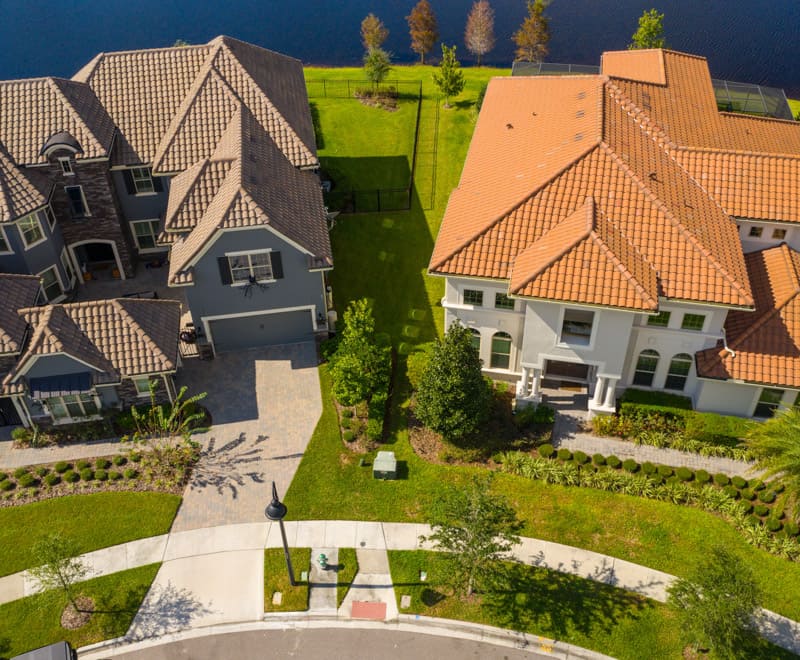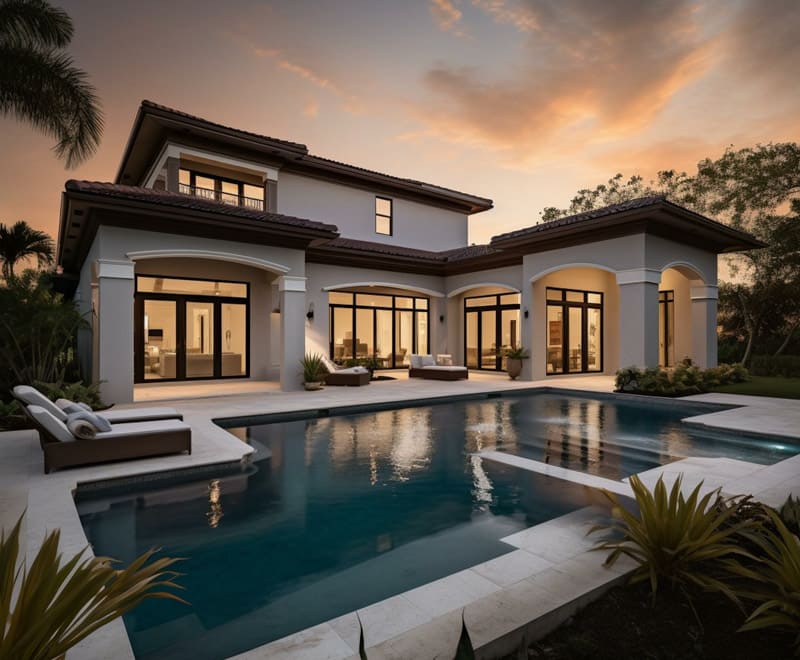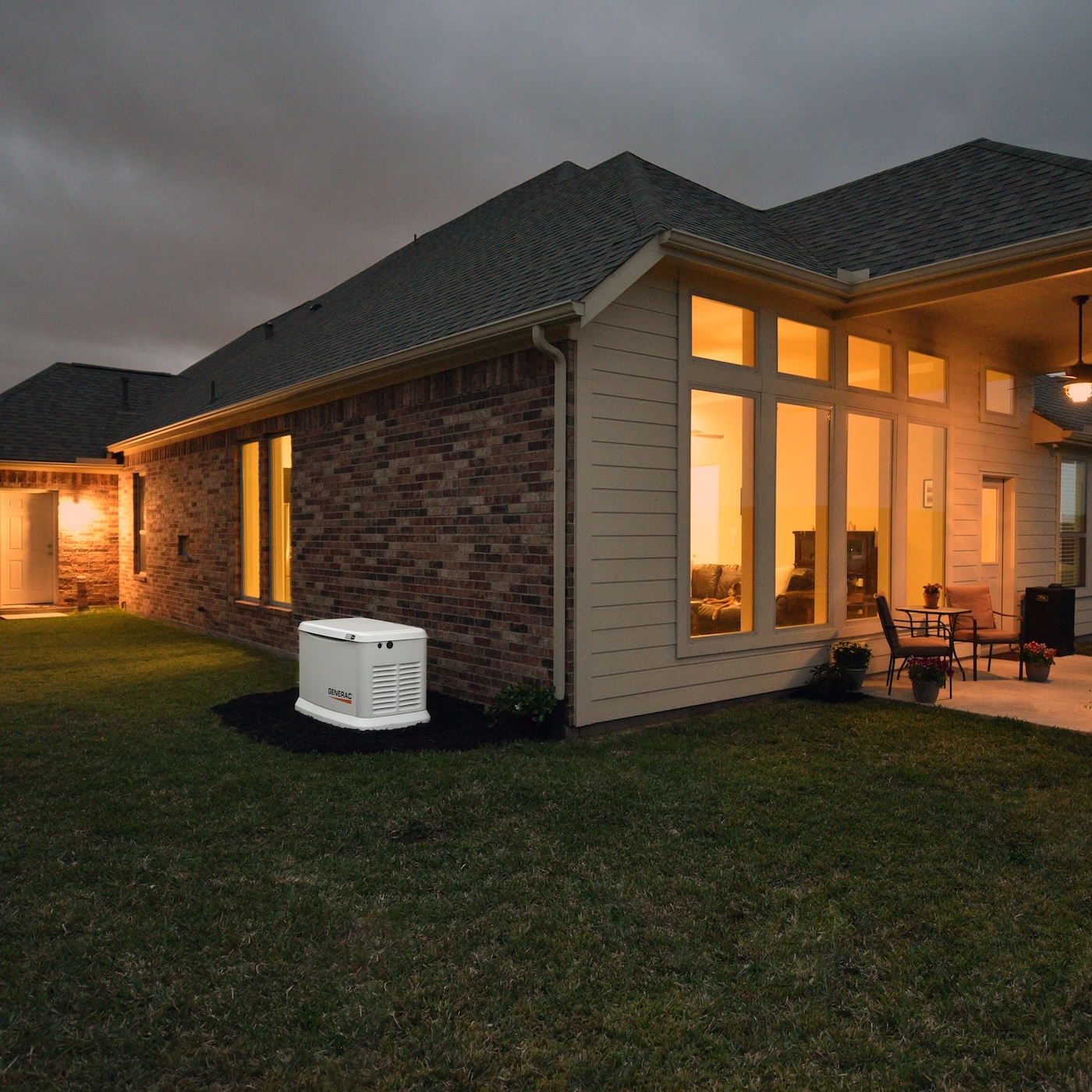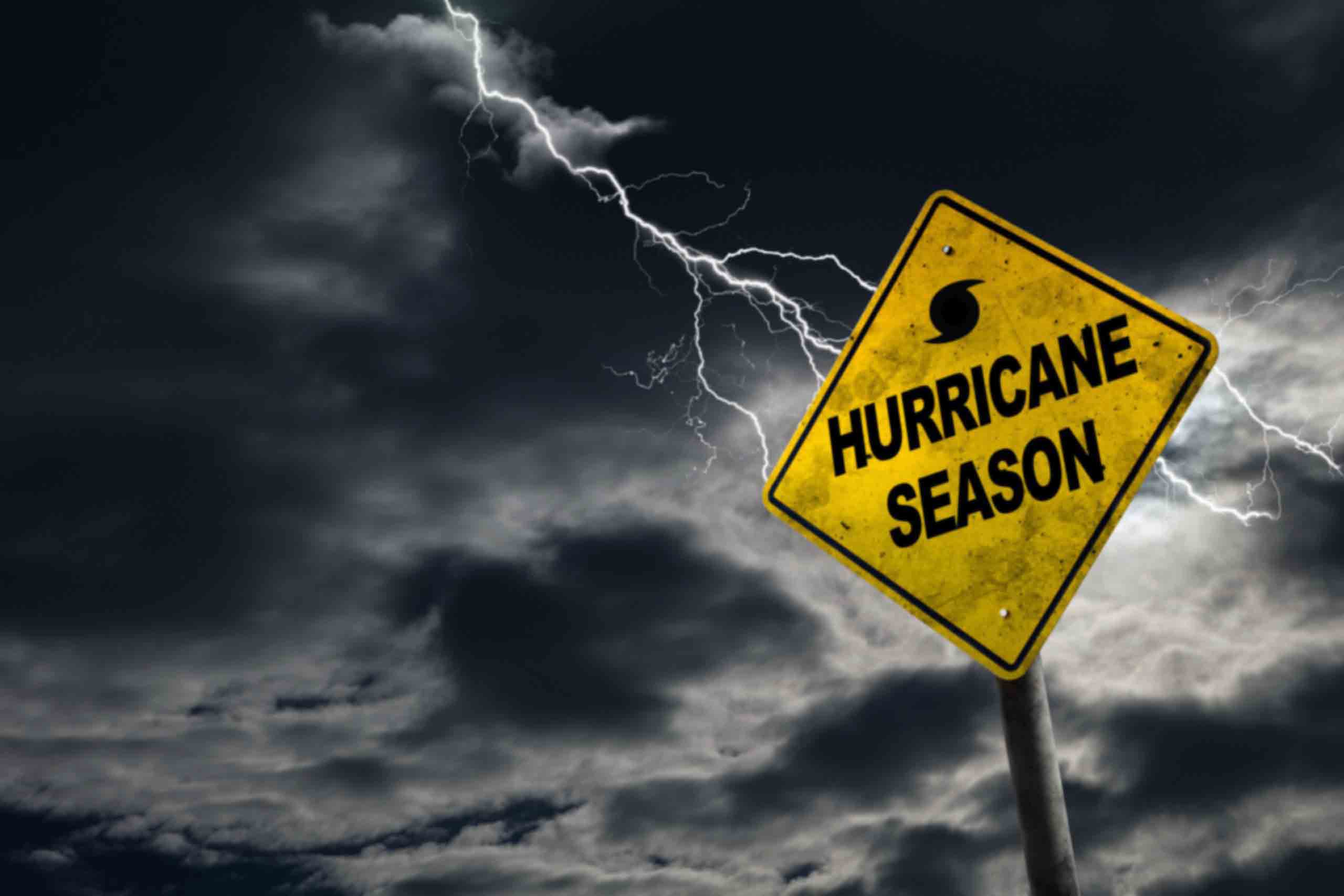What Size Generator to Run a 2,500 Sq Ft House Efficiently and Reliably
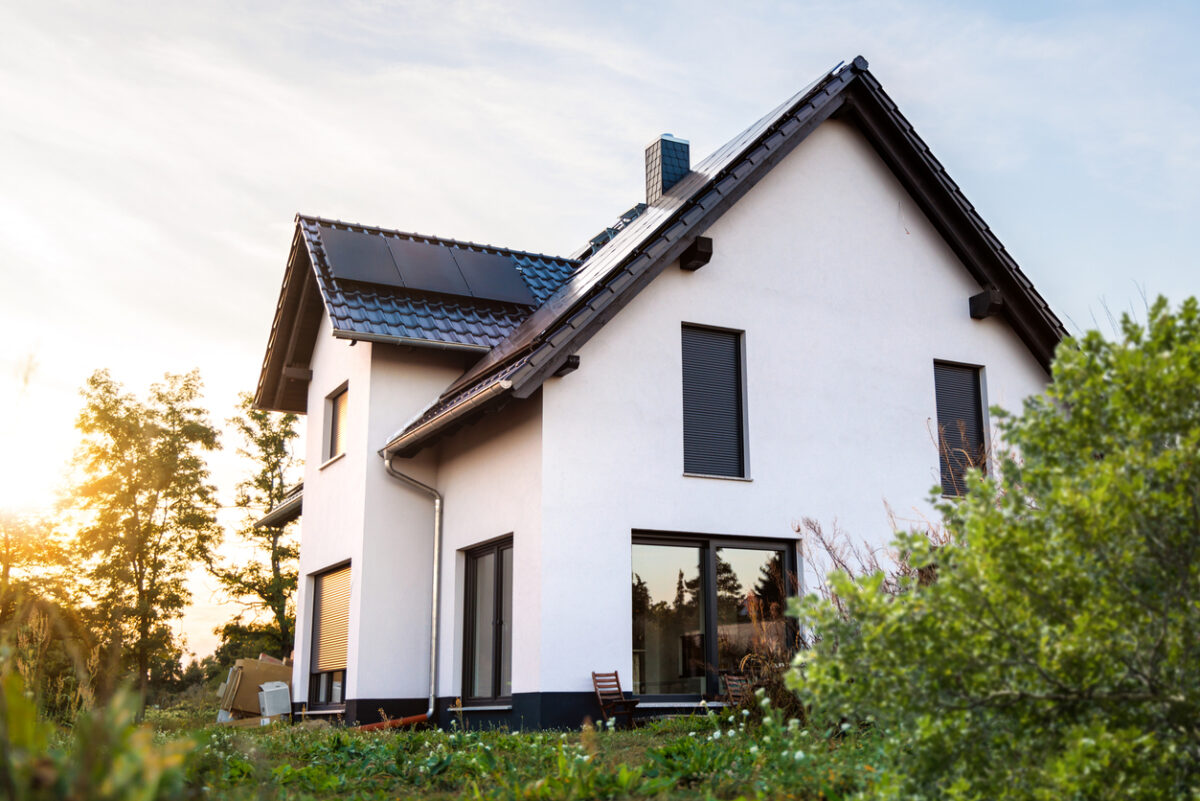
For a 2,500 sq ft house, you’ll need a generator between 15,000 and 22,000 watts to power the entire home. Choosing the right size ensures your power needs are met, prevents overloading, and protects your appliances.
Figuring out what size generator you need isn’t complicated, but it’s important to get it right. A generator that’s too small won’t handle what you need during a power outage, and one that’s too big means spending more than necessary.
At Bo’s Electric, we provide expert guidance, installation, and maintenance to ensure your system is set up for reliable performance. Ready to get started? Schedule an estimate today, and we’ll help you choose the perfect generator for your needs.
Factors That Affect Generator Sizing
Getting the right generator for your home depends on more than just square footage. Here’s what you need to think about:
- Essential Power Needs: First, decide what’s critical during an outage. Basics like refrigerators, freezers, lights, and sump pumps don’t require as much power as running your whole home.
- Heating and Cooling: HVAC systems draw a lot of electricity. If you want to keep the air conditioning or heating running, you’ll need a larger generator.
- Appliances and Extras: Items like water heaters, electric stoves, or well pumps use more power. The more appliances you need running, the bigger the generator.
- Surge Power: Some appliances need extra wattage to start up, even if they don’t use much to run. Make sure the generator can handle those surges.
- Future-Proofing: If you’re planning to add new appliances or expand your home, it’s smart to size up a little.
General Sizing Guidelines for a 2,500 Sq Ft House
For a house around 2,500 square feet, the size of the generator you need depends on what you want to power. Here are some general guidelines:
- Basic Power (Essentials Only): If you’re only looking to run a few key items like the refrigerator, lights, and a sump pump, a generator in the 7-10 kW range is usually enough.
- Moderate Power (Some Comforts): To include things like a water heater, microwave, and a couple of additional appliances, look at a generator in the 12-15 kW range.
- Whole-House Power: If you want to run everything, including central air conditioning and major appliances, you’ll need something in the 20-25 kW range or more, depending on your home’s specific energy demands.
Keep in mind, these are just rough estimates. The type of heating and cooling system you have, along with other high-power appliances, can make a big difference. A properly sized generator ensures smooth operation without overloading or wasting fuel.
Calculating Your Power Requirements
To choose the right generator, you need to figure out how much power your home uses during an outage. Here’s a simple way to get started:
- List Your Essentials: Write down the appliances and systems you can’t go without, like the fridge, lights, sump pump, and heating or cooling.
- Check Wattage Ratings: Look at the wattage requirements for each item. This information is usually on the appliance label or in the manual. Don’t forget to account for surge wattage, which is the extra power needed to start some appliances like air conditioners or well pumps.
- Add It Up: Total the running wattages of all your essential appliances and systems. Then, add a buffer of 20-30% to handle surges or unexpected needs.
For example, if your essentials need 10,000 watts to run, you should consider a generator that can handle at least 12,000 watts to be safe. Calculating your power needs ahead of time avoids buying too much or too little generator, saving you headaches down the line.
Types of Generators to Consider
When it comes to standby generators for your home, there are two main types to think about. Each has its advantages depending on your power needs and budget.
- Standby Generators: These are permanently installed outside your home and connect directly to your electrical system. They’re designed to power everything from essentials to the whole house. They kick on automatically during an outage and are powered by natural gas or propane. They’re reliable, low-maintenance, and built for long-term use.
- Portable Generators: These are smaller, movable units that require manual setup during an outage. They’re good for running a few essentials like the fridge and lights but can’t handle larger loads like HVAC systems. You’ll need extension cords or a transfer switch, and they typically run on gasoline, which needs to be stored safely.
For a 2,500-square-foot house, standby generators are usually the better option if you want convenience, reliability, and the ability to power everything without juggling appliances. Portable generators work fine for short-term or limited use but aren’t practical for powering an entire home.
Need Help With Finding The Perfect Fit Generator For Your Home?
Figuring out what size generator you need is important to get right. A generator that’s too small won’t handle what you need during a power outage, and one that’s too big means spending more than necessary. The size of your house is a good starting point, but the real key is understanding how much power your home uses and what you want to keep running when the grid goes down.For a 2,500-square-foot house, most people aim for a generator that can handle either the essentials or the whole home. At Bo’s Electric, our standby generator installation services ensure your system is set up for peak performance, and our maintenance and monitoring plans keep it ready when it matters most.
